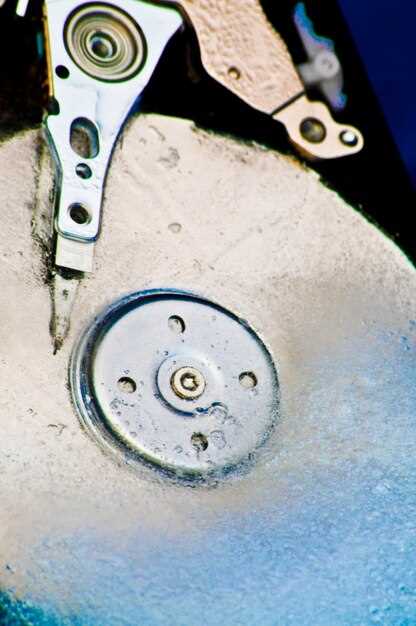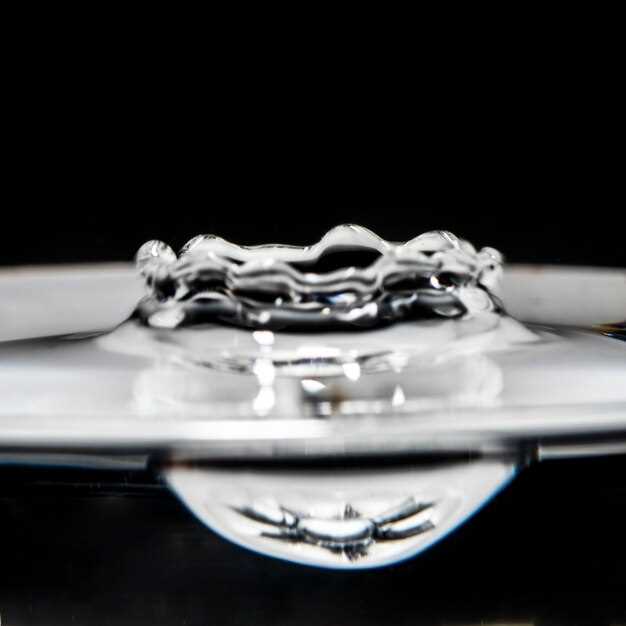
Gaskets play a crucial role in the overall performance and reliability of an engine. These seemingly simple components are essential for maintaining the integrity of the engine by providing a seal between various parts. This sealing function prevents leaks of fluids such as oil and coolant, which can cause significant damage if allowed to escape. A well-functioning gasket ensures that the engine operates smoothly, efficiently, and at optimal temperatures.
In addition to preventing leaks, gaskets contribute to maintaining the proper pressure within the engine. This is particularly important in high-performance engines where even minor pressure fluctuations can lead to reduced efficiency and power output. High-quality gaskets are designed to withstand extreme conditions, including high temperatures and corrosive substances, making them indispensable for different engine types, from everyday vehicles to specialized racing machines.
Furthermore, the choice of gasket material can significantly impact engine performance. Different materials offer varying levels of durability and thermal resistance, affecting how well the gasket can perform under stress. Understanding the importance of selecting the right gasket material is essential for anyone looking to enhance their engine’s longevity and operational efficiency. Ultimately, recognizing the critical role that gaskets play in engine performance can lead to better maintenance strategies and improved overall vehicle reliability.
How Gasket Quality Affects Engine Durability
The quality of gaskets plays a crucial role in the overall durability of an engine. Gaskets are essential components that seal the spaces between two or more mating surfaces, preventing leaks of fluids and gases. When gaskets are made from high-quality materials, they can withstand extreme temperatures, pressures, and chemical exposure, all of which are critical to maintaining engine integrity.
Furthermore, superior gasket materials, such as multi-layer steel (MLS) or advanced composites, provide better resistance to thermal expansion and contraction. This characteristic is vital for adapting to the operating conditions of an engine. Inconsistent sealing caused by inferior materials can lead to combustion gas leaks, compromising both power output and fuel efficiency.
In addition, the manufacturing precision of gaskets affects their fit and function. Well-manufactured gaskets ensure a tight seal with uniform thickness, which minimizes the risk of blowouts or deformations under stress. Investing in high-quality gaskets is, therefore, a fundamental aspect of engine maintenance that contributes to enhanced durability and reliability, allowing the engine to perform at its best throughout its operational life.
Common Gasket Failures and Their Impact on Engine Efficiency

Gasket failures are a significant concern in automotive engines, directly affecting performance and efficiency. One common failure is the blowout, where excessive pressure surpasses the gasket’s capacity, resulting in a loss of sealing integrity. This often leads to coolant leaks, causing overheating and resultant engine damage.
Another frequent issue is degradation due to heat and chemical exposure. Gaskets made from rubber or composite materials can harden or crack over time, allowing oil and coolant to escape. When oil leaks occur, it can lead to increased friction between moving parts, reducing engine efficiency and leading to potential breakdowns.
Compression failure is also a critical concern. When the gasket fails to maintain the proper compression ratio, the engine may experience misfires or a reduction in power output. This not only affects acceleration but can also result in increased fuel consumption as the engine struggles to maintain performance levels.
In addition, improper installation can lead to uneven pressure distribution across the gasket surface, resulting in localized failure. This can create hotspots that exacerbate wear and tear, further diminishing overall engine efficiency.
Lastly, a common yet overlooked failure occurs at the interface between the gasket and various engine components. Corrosion or debris can compromise the sealing surface, leading to leaks and inefficiencies. Regular maintenance and inspections can help identify these issues before they escalate, ensuring optimal engine performance and longevity.
Choosing the Right Gasket Material for Specific Engine Applications

Selecting the appropriate gasket material is crucial for ensuring optimal engine performance and longevity. Different engine applications demand specific gasket properties to withstand varying conditions such as temperature, pressure, and exposure to fluids. Understanding the unique requirements of the engine type is key to making the right choice.
An important factor to consider is the temperature range of the engine. With high-performance engines, metals such as copper and aluminum are often favored due to their excellent heat resistance and ability to maintain a tight seal under high thermal stress. Conversely, for standard automotive applications, materials like rubber or fiber composites are adequate as they provide good sealing under moderate temperatures.
Another crucial aspect is the type of fluids the gasket will encounter. For engines exposed to oil, coolant, or fuel, choosing materials that resist chemical degradation is essential. For instance, nitrile rubber is commonly used in oil seals due to its exceptional resistance to oil and fuel. On the other hand, silicone is often chosen for coolant applications for its resistance to water and antifreeze solutions.
Mechanical properties, including flexibility and compressibility, also play a significant role in the selection process. Materials like graphite exhibit excellent compressibility, making them useful in older engines where surfaces may not be perfectly flat. Alternatively, multi-layer steel (MLS) gaskets are preferred in modern engines that require tighter tolerances and better sealing at higher pressure.
Finally, the installation environment must be considered. If the gasket is subjected to vibration or movement, materials with high tensile strength and elasticity, such as composite gaskets, provide better durability against wear and tear. Understanding the specific demands of the engine will guide the choice of gasket material, ultimately enhancing both performance and reliability.


